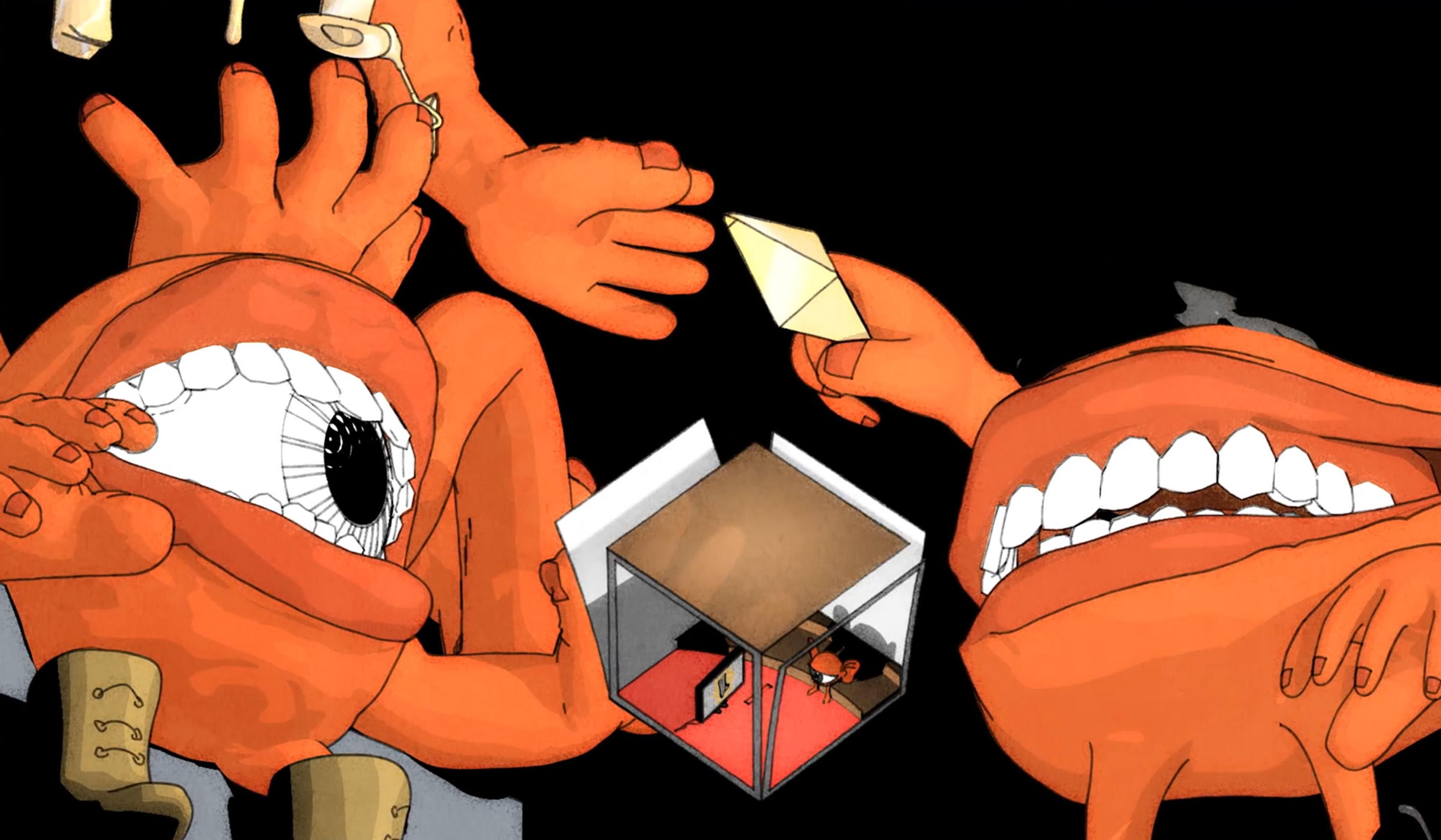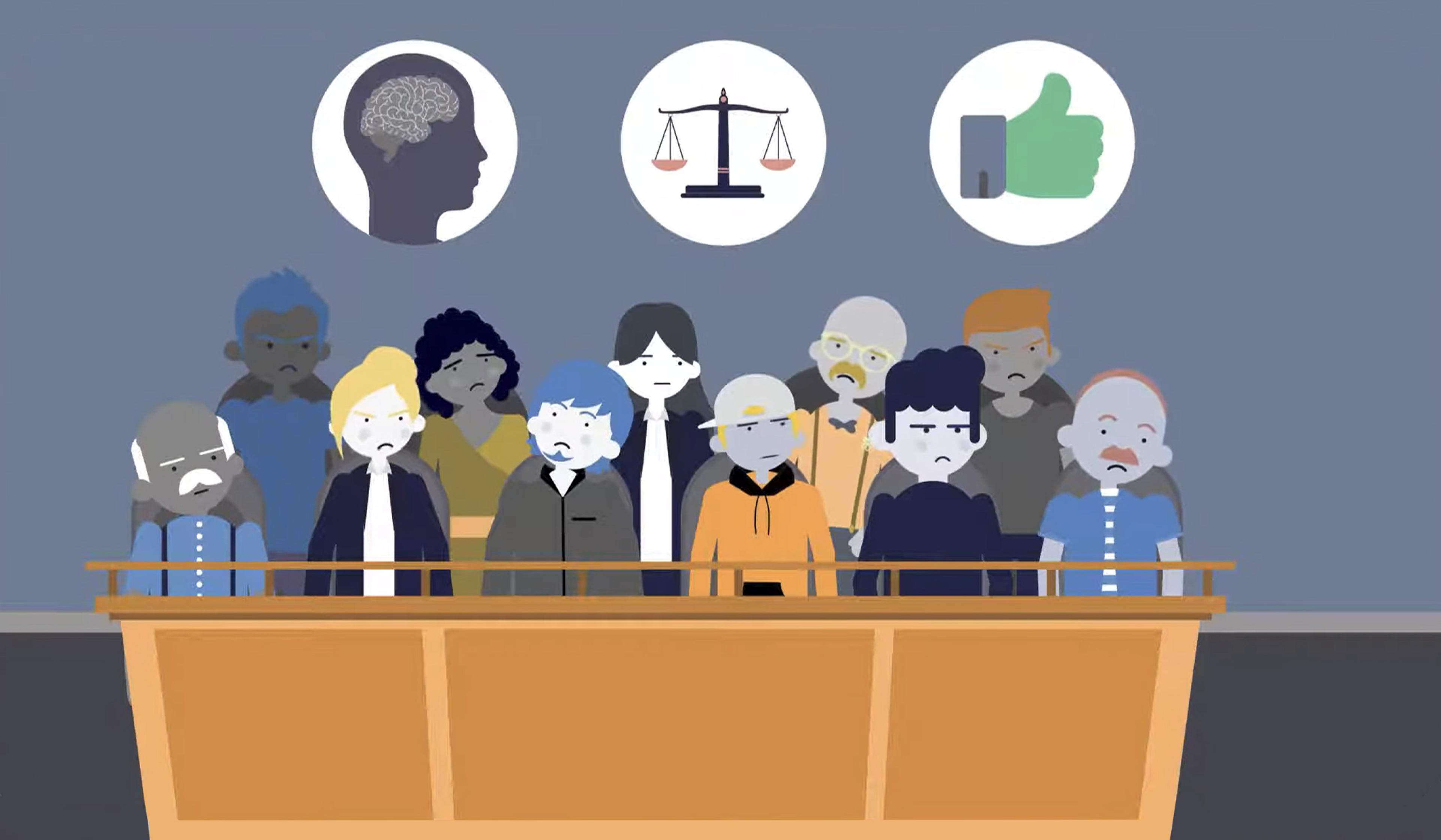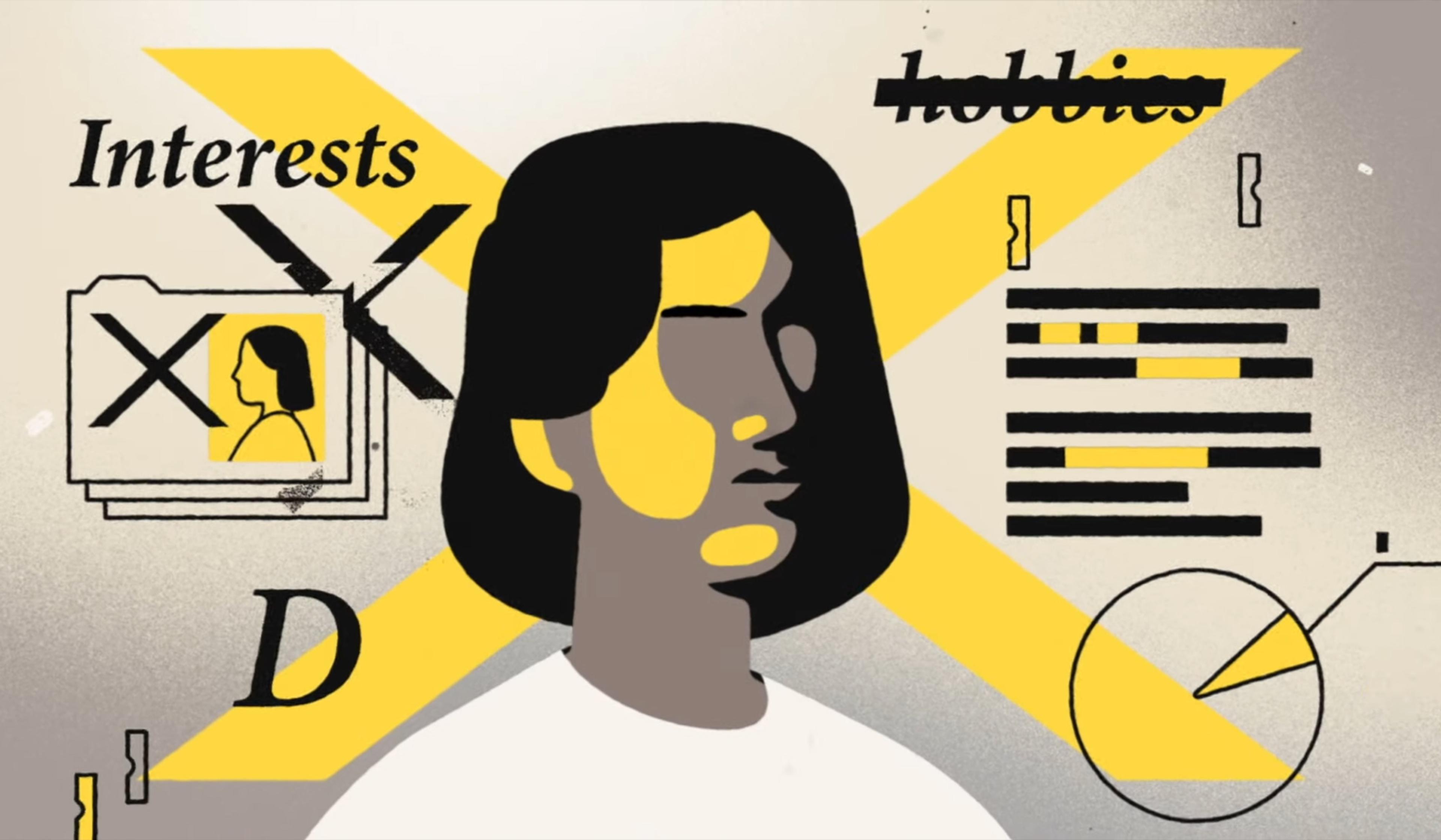While the ‘manufacture of consent’ is an idea now mostly associated with Noam Chomsky, the phrase was actually coined by the US journalist and writer Walter Lippmann in his influential book Public Opinion (1922) – a fact that Chomsky and Edward S Herman, his co-author of Manufacturing Consent (1988), readily acknowledge. Lippmann contended that, because the world is too complex for any individual to comprehend, a strong society needs people and institutions specialised in collecting data and creating the most accurate interpretations of reality possible. When used properly, this information should allow decision-makers to ‘manufacture consent’ in the public interest. However, in one of the most damning critiques of democracy, Lippmann identifies how public opinion is instead largely forged by political elites with self-serving interests – powerful people manipulating narratives to their own ends. This video essay from the YouTube channel Then & Now dives into Lippmann’s legacy, starting with his study of the rise of the importance of public opinion during the First World War, and extending through an examination of why, a century after Public Opinion, democracy still has a major mass-media problem.
Before Chomsky, there was Lippmann: the First World War and ‘manufactured consent’
Director: Lewis Waller
Video by Then & Now

videoPolitics and government
Is mass media still ‘manufacturing consent’ in the internet age?
5 minutes

videoPolitics and government
Aldous Huxley on the dangers of being ‘caught by surprise by our own advancing technology’
6 minutes

videoInformation and communication
The information age traffics in speed. To adapt to it wisely, we must slow down
5 minutes

videoInformation and communication
A classic film on communication finds renewed meaning in the age of memes and emojis
22 minutes

videoPolitical philosophy
Is the idea that democracy always benefits society misguided, or just mathematics?
7 minutes

videoThinkers and theories
When Chomsky met Foucault: how the thinkers debated the ‘ideal society’
14 minutes

videoFuture of technology
Tech companies shroud their algorithms in secrecy. It’s time to pry open the black box
4 minutes

videoComputing and artificial intelligence
Why large language models are mysterious – even to their creators
8 minutes

videoEthics
All’s not well that ends well – why Kant centred morality on motives, not outcomes
55 minutes